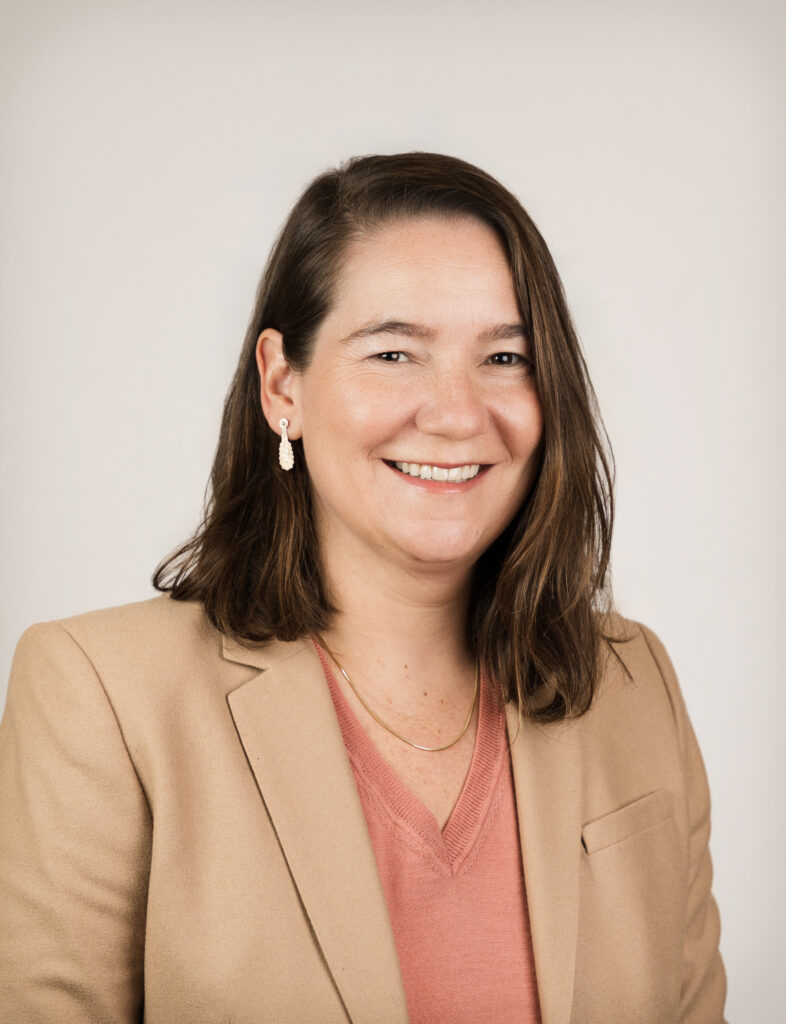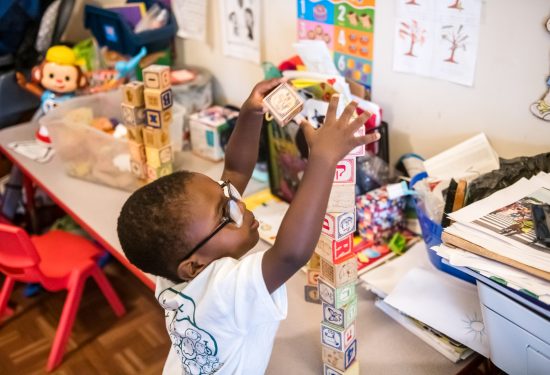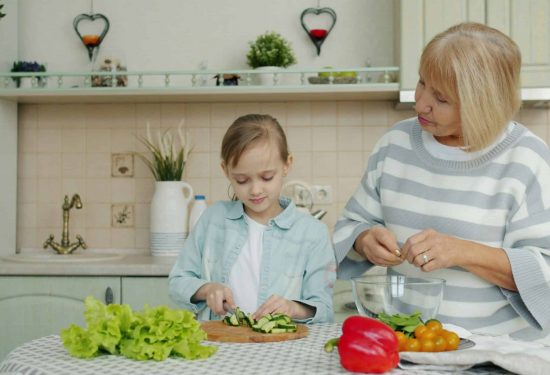During her convention speech last week, Senator Elizabeth Warren, sitting in a now closed child care center, spoke about the critical role informal, home-based child care played in her story. She spoke about her Aunt Bee, who stepped in to take care of Warren’s children when she was juggling a full-time teaching job in Texas. Without Aunt Bee, would Warren’s story be one of transformative community impact and personal success?
There are 3.5 million Aunt Bees across this country caring for nearly half of all young children who need child care, often their nieces and nephews, grandkids or neighbors. They are the backbone of the American child care system — largely unseen and drastically under-resourced. Caregivers like Aunt Bee, mostly motivated by love and familial or community duty, are the care and education infrastructure that is keeping our country afloat.




